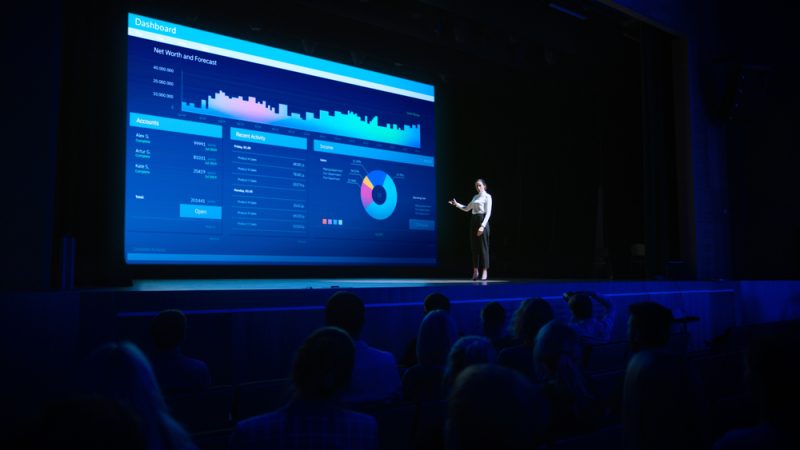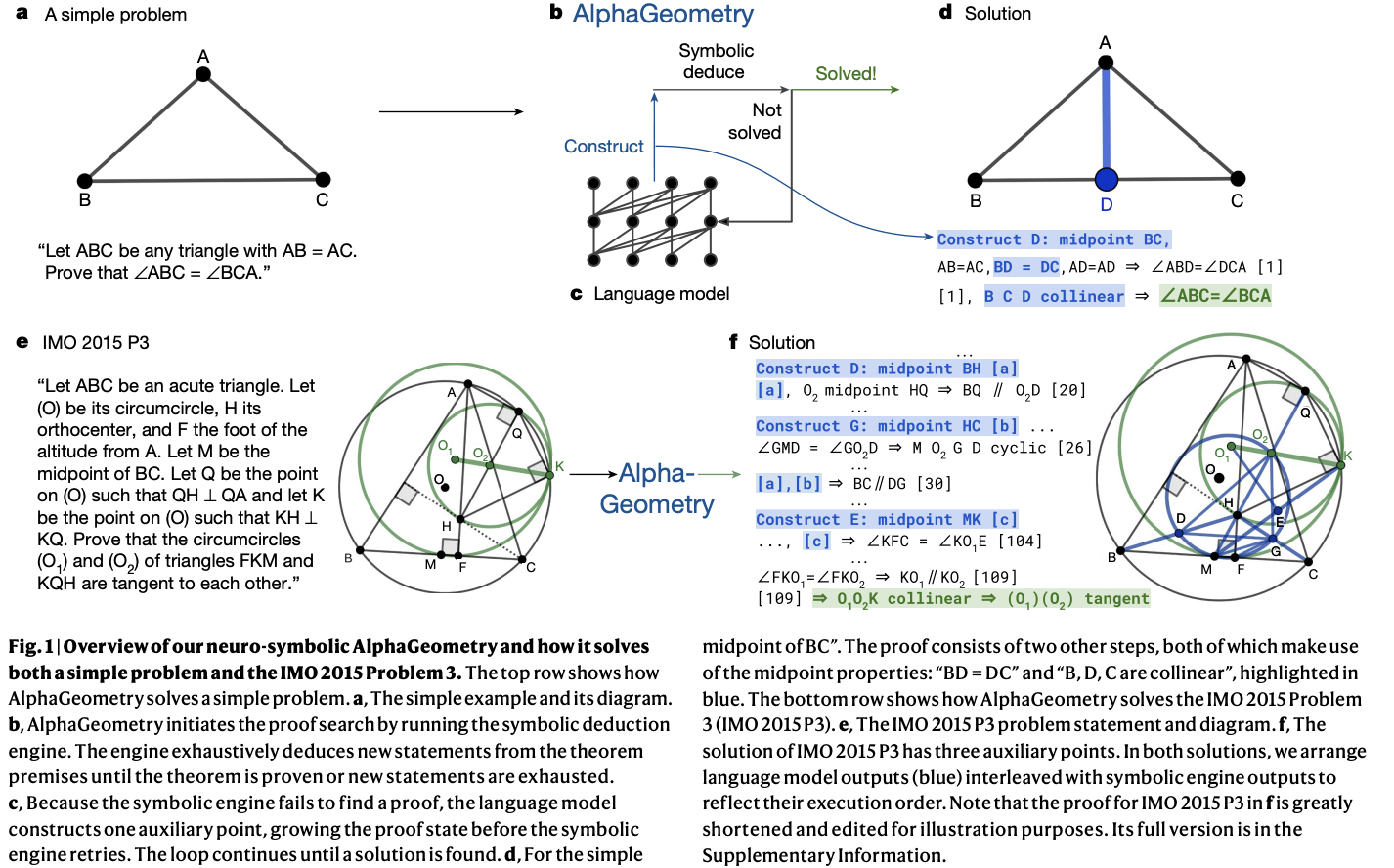The European Commission is set to introduce an innovation strategy for Artificial Intelligence that includes the establishment of ‘AI Factories’ and the promotion of generative AI in key sectors, as revealed in a preliminary draft reviewed by Euractiv.
Scheduled for release by the end of January, the EU executive will unveil a communication focusing on “boosting AI start-ups and innovation.” This initiative marks a significant move towards developing a tailored industrial policy for Artificial Intelligence, coinciding with the imminent adoption of the AI Act on the regulatory front.
The draft emphasizes the imperative need for this strategy in light of the rapid and transformative advancements in AI technology, particularly highlighting the pivotal role played by foundational models such as GPT-4. These models have paved the way for the emergence of versatile AI systems like OpenAI’s ChatGPT and Google’s Bard.
The strategy underscores the importance of mastering the latest developments in generative AI as a crucial driver of Europe’s competitiveness and technological autonomy. It outlines a strategic investment framework leveraging the assets available within the EU.
Concept of AI Factories
Central to the Commission’s strategy are the concept of ‘AI Factories,’ described as “open ecosystems centered around European public supercomputers that bring together essential resources—both material and human—for the advancement of generative AI models and applications.”
These ‘AI Factories’ will be supported by AI-dedicated supercomputers and closely situated or well-connected ‘associated’ data centers, forming the necessary physical infrastructure. Additionally, these facilities will engage in unspecified “large-scale talent attraction activities.”
Supercomputers and Data Centers
Within the Commission, the European High-Performance Computing Joint Undertaking, known as EuroHPC JU, is hailed as a successful model of a public-private partnership. This initiative aims to establish a network of eight interconnected supercomputers.
The proposal seeks to enhance the legal framework of the EuroHPC JU to incorporate the ‘AI Factories’ concept, detailing how these facilities will offer supercomputing services tailored for training large-scale models, significantly reducing the training duration from months to weeks.
Access to this computing power will be extended to start-ups and researchers across the EU, contingent upon demonstrating the ethical and responsible nature of their work. Participation in the AI Pact, an opt-in program for early compliance with the AI Act, serves as a demonstration of this commitment.
According to Sebastiano Toffaletti, Secretary-General at the European DIGITAL SME Alliance, the provision of computing infrastructure as a public good is pivotal in lowering entry barriers for start-ups in the AI market, enabling more SMEs to develop their models independently of major tech corporations.
Furthermore, the infrastructure will encompass ‘established’ data centers linked to the Common European Data Spaces. While the selection criteria for these data centers remain undisclosed, the establishment of a European cloud infrastructure has gained increasing political significance.
Innovation Community
Another aspect of the AI Factories initiative involves the establishment of supercomputing support services centers dedicated to aiding AI start-ups and researchers. The EuroHPC JU will serve as a central point of contact to direct start-ups to the relevant support center.
These support services will include programming facilities conducive to supercomputing, algorithmic assistance for developing and evaluating AI training models, and support for creating new applications in critical sectors such as robotics, manufacturing, and novel materials.
Close collaboration among all AI Factories, the EuroHPC Competence Centres, and other pertinent AI initiatives within the Union is mandated. However, there is no explicit mention of the regulatory sandboxes outlined in the AI Act.
Industrial Integration
While the focus of AI Factories lies in infrastructure and input enhancement, the Commission also aims to launch GenAI4EU to facilitate the vertical integration of AI technologies across the EU. The absence of an ecosystem approach that pools essential AI and sectoral expertise poses a risk to the Union’s ability to stay abreast of the latest AI advancements.
The initiative seeks to connect AI start-ups with established companies in traditional industries like manufacturing. The AI Office established under the AI Act will oversee the progress of these strategic applications against predefined targets.
Generative AI systems hold significant promise in sectors such as robotics, healthcare, biotechnology, chemicals, new materials, batteries, manufacturing, engineering, mobility, climate change, virtual environments, digital twins, cybersecurity, aerospace, agrifood, and public services. An initiative dedicated to biotechnologies is slated for introduction this year.
Funding for GenAI4EU will be drawn from the Horizon Europe and Digital Europe programs, amounting to a total of €500 million. Additionally, EU member states are expected to invest approximately €100 million in the European Digital Infrastructure Consortia, focusing on large language models and local digital twins.
Microchips
The training of AI models necessitates advanced microchips, notably Graphics Processing Units (GPUs). A global shortage of GPUs has posed challenges for AI start-ups, as major tech players have secured substantial reserves through significant investments.
To address this issue, the Commission intends to follow up on the 2019 European Processor Initiative with a new ‘major initiative’ under EuroHPC JU, aimed at developing a next-generation of chips, including those tailored for quantum computing.
Investments
In terms of investments, the strategy outlines that the European Innovation Council will offer ‘dedicated investment opportunities’ to AI start-ups through its accelerator scheme, providing grants and equity.
The InvestEU program, designed to fund long-term company ventures, will leverage an estimated €1 billion to support scale-ups and SMEs via a specialized instrument for venture capital funds.
Through the EuroHPC JU, the EU executive and member states will jointly invest €2.1 billion to procure new supercomputers with AI capabilities, enhance support services, and develop AI-centric microprocessors.
[Edited by Nathalie Weatherald]










